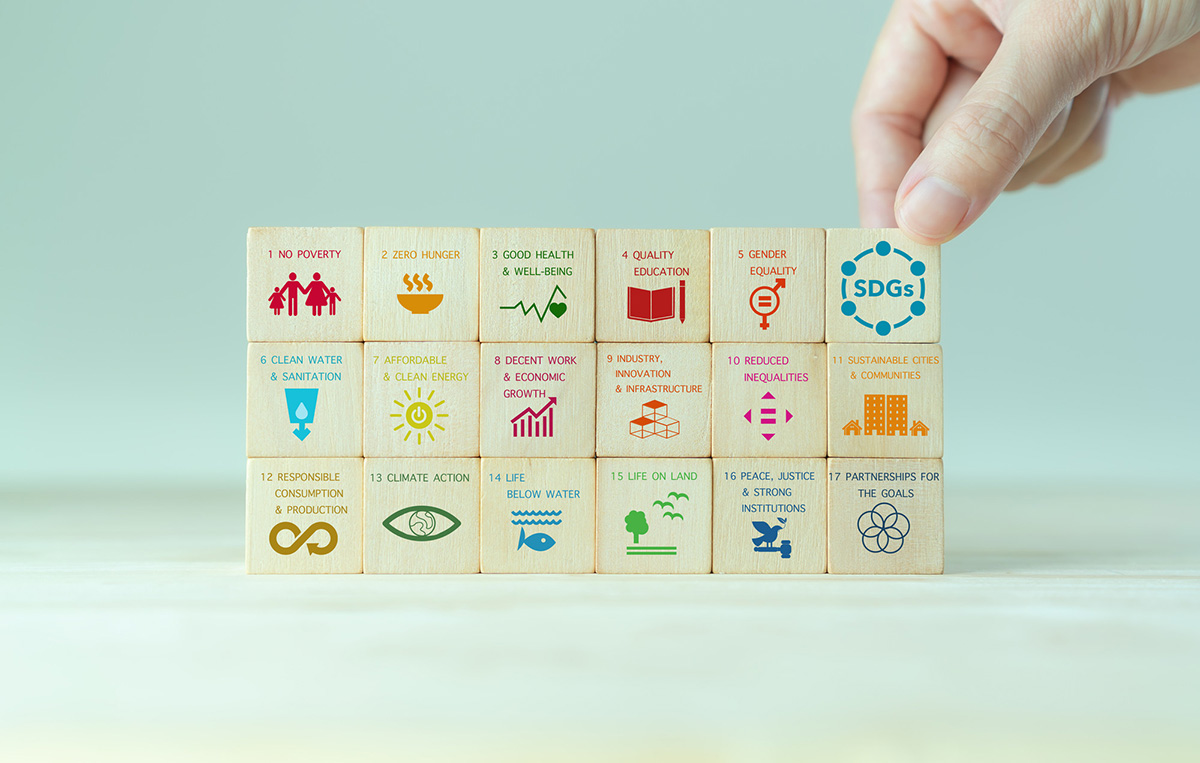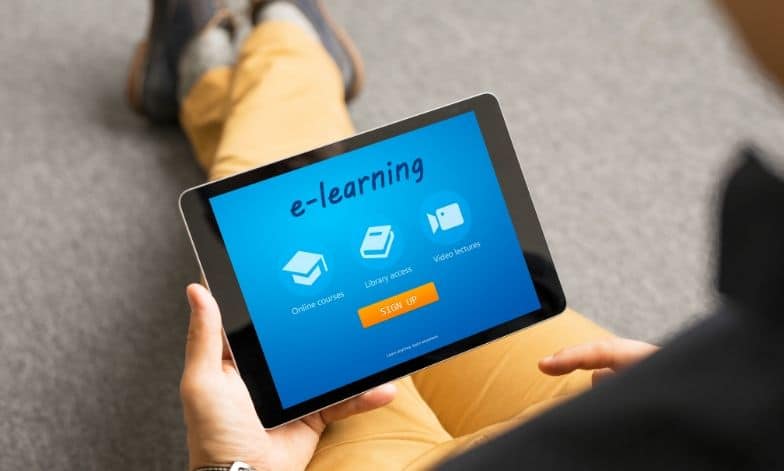GLOBAL
Students worldwide have been pushing initiatives that target delivery of the United Nations Sustainable Development Goals (SDGs), the UN Higher Education Sustainability Initiative – HESI – Global Forum heard this week. They described actions ranging from youth summits and student hubs to using extended reality to deliver SDG learning.
Veronica Dzeagu, chief technical officer at the All-Africa Students Union, which represents 170 million African and diaspora students, said the union had made “deliberate efforts” to ensure all its units were aligned with the SDGs and UN 2030 Agenda.
She was speaking at the HESI Global Forum staged in New York on 17 July, a side event to the UN High-Level Political Forum on Sustainable Development 2023, held from 10 to 19 July to support the mid-term review of implementation of the SDGs and the 2023 SDG Summit in September.
HESI links UN bodies, including UNESCO, and the Sulitest Association – a non-profit organisation and online platform seeking universal sustainability literacy – and drives SDG alignment and adoption across higher education worldwide.
Youth summits and advocacy
Dzeagu said the All-Africa Students Union (AASU) stages youth summits debating issues related to SDGs: “Students and young people can help drive the achievement of SDGs. We can use their voices and platforms to raise awareness of the SDGs amongst our peers, families, and communities,” she said.
The AASU has engaged in advocacy with local and national policymakers to prioritise and implement policies aligned with the SDGs and has been pushing “initiatives to promote sustainable practices on campuses”.
She said: “This may include reducing waste, promoting recycling and using renewable energy sources and sustainable transport.”
Since many African students graduate with theoretical rather than practical knowledge, lacking the skills to implement SDG-focused activities that make an impact, Dzeagu emphasised “the importance of integrating professional skills in the curriculum right from the beginning of the academic journey”.
That especially includes teaching emerging technologies and brainstorming solutions to challenges faced today regarding the SDGs, she told the HESI Global Forum.
SDGs in the curriculum
Student-driven SDG initiatives were also highlighted at the event by Eliane El Haber, ambassador for the Higher Education for Good Foundation.
“We need to push for transformation to better align with the notion of sustainability and the emergency regarding climate change,” she said. Higher education engineering and management teaching needed to stress a holistic, rather than growth-focused, approach.
Benedicta Neysa Nathania, youth fellow at the Learning Planet Alliance, said universities should integrate sustainable development throughout their curricula, incorporating sustainable principles and concepts into a wide range of disciplines, from engineering and sciences to business and social sciences.
In this way, students would better understand the “connectedness that is fundamental” to the social and economic dimensions of sustainable development, whose “issues are multifaceted and require diverse perspectives”.
In this regard, Nathania said, universities should establish strong partnerships with technology companies, start-ups, and research institutions so students better understand industries’ exposure to sustainability, while working on cutting edge projects.
A key issue, she said, was looking ahead: “Universities must also adapt their curricula to adapt to the changing technological landscape – 65% of children entering primary school today will work in jobs that do not currently exist.” Thus, courses in artificial intelligence, data science, machine learning and robotics were important.
SDGs and student hubs
Ellen Dixon is project lead for the SDG Students Program, which aims to engage higher education students in a global effort to achieve the UN 2030 Agenda through the development of student hubs dedicated to this goal.
The programme has 49 student groups, from Columbia University in New York to Monash University in Australia, working on campuses and partnering with academia. Dixon said the hubs have helped to develop social consciousness in Rwanda, tackle mental health stigmatisation in Pakistan, promote decent work in Nigeria, and debate climate issues in Kyrgyzstan.
Such initiatives promote thoughtful dialogue and learning about being socially responsible and how to localise sustainable development goals, she said.
Iman Cumberbatch, extended realty (XR) lead at the Computational Sensory Laboratory at Montclair State University in the United States and project manager at Montclair’s PSEG Institute for Sustainability Studies, said interdisciplinary academic programmes need to be imbued with sustainability, so that students do not need a sustainability major “but can apply what they know to sustainability”, encouraging research initiatives.
She added that creative research can enable students to tackle real world experiences and problems, creating innovative solutions to SDG issues. One method is using XR systems to explain environmental issues, which can be confusing when using pie charts and tables.
Such tech can deliver virtual field trips for students, giving them access to different environments, helping them see and assess the need for critical change to promote the delivery of Sustainable Development Goals.
The SDGs and rights
Anoushka Sinha, girls belong here ambassador at education NGO Plan International Canada, said a key focus of higher education SDG work should be fighting gender inequality and improving women’s rights.
Universities could seek to establish partnerships with international development and humanitarian organisations, such as Plan International Canada, to develop immersive experience learning opportunities, Sinha said.
These could enable students to obtain a deeper understanding of sustainability issues, with leadership and practical skills to give them a glimpse into real world challenges. Also, students should be prepared for changing technologies, which aligns with SDG 9, which includes advances in education.
In some countries with limited women’s rights, girls with access to education are less likely to be forced into marriage, become pregnant or become victims of violence, said Sinha: “Access to information is the determining factor in their lives and future. Therefore, we must prioritise strategies that purposefully remove the barriers that can prevent girls from getting an education.”
Finally, Horia Onita, vice-president of the European Students’ Union, said more analysis and action was needed to maximise the transformative potential of higher education regarding the SDGs. The development of student rights could be pedagogical, and higher education must ensure the deployment of artificial intelligence that is quality assured and offers meaningful added value.
More urgency needed
The students’ analysis and ideas were welcomed by Sam Barratt, chief of the youth, education and advocacy unit in the United Nations Environment Programme’s ecosystems division and co-chair of HESI.
However, he hoped that in next year’s HESI Global Forum there would be more urgency, given the clear evidence of damage wreaked by climate change
“The world is on fire right now in a way that 1.2 degrees [Celsius warming] should be causing significant amounts of concern, but we’re on track for another 1.8 degrees of heat so we need to move as quickly as possible. I want to come back next year and see a lot bigger and more radical ideas.”
Credit:Source link



